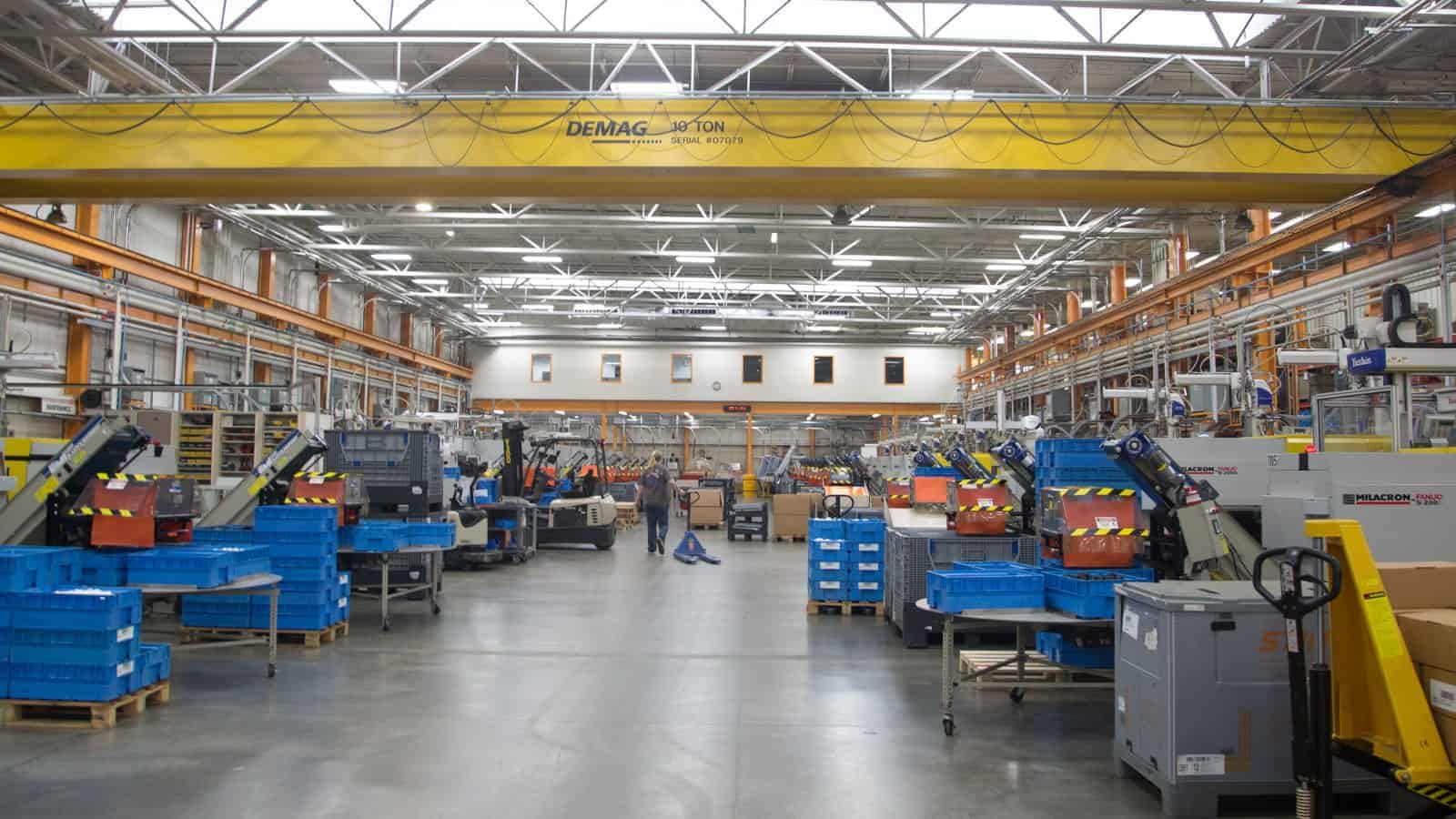Ohio Grapples with EPA Air Quality Rules

For Michael Canty, president and CEO of Alloy Precision Technologies, Inc., of Mentor, Ohio, the Environmental Protection Agency’s proposed air quality regulations are likely to backfire. They would put a significant burden on the natural gas industry, which has played a large part in America’s efforts to reduce pollution to date.
- “Natural gas is a fossil fuel, but it’s one of the cleanest fossil fuels,” said Canty. “It’s one of the reasons why this country has met clean air standards over the years.”
This is just one of the reasons why Canty, whose company produces industrial bellows, is concerned that policymakers haven’t fully considered the rules’ consequences.
Unintended consequences: Part of the problem with the EPA’s proposed regulations, according to Canty, is that they are likely to promote production in less regulated countries around the world and contribute to more emissions overall.
- “With some of these costly regulations, we’re driving our energy prices to a much higher level and driving production of business to places like China that are creating more emission,” said Canty. “So we’re creating worse air quality control around the world while losing jobs and stifling growth in our country.”
A push for innovation: Canty wants policies that spur innovation and tech development to achieve cleaner air, rather than imposing restrictive regulations.
- “The focus should be on encouraging new technology to drive efficiencies and reduce air pollutants,” said Canty. “If the cost of doing business goes up, you have less cash to put in that innovation. As the cost of energy goes up, the amount of energy innovation goes down—especially when you talk about small businesses.”
A plea for consistency: Businesses like Alloy Precision Technologies are also frustrated by the unstable regulatory environment, which seems to shift every few years.
- “When these policies change it makes it impossible for companies to make decisions about investing in equipment and smart manufacturing,” said Canty. “It disrupts the business marketplace, and it greatly affects our ability to produce and compete around the world.”
The last word: “Do I believe we ought to continue investing in newer technologies that will improve our air quality? Absolutely,” said Canty. “These regulations are well meant, but the end result will be disastrous for businesses and the United States.”
